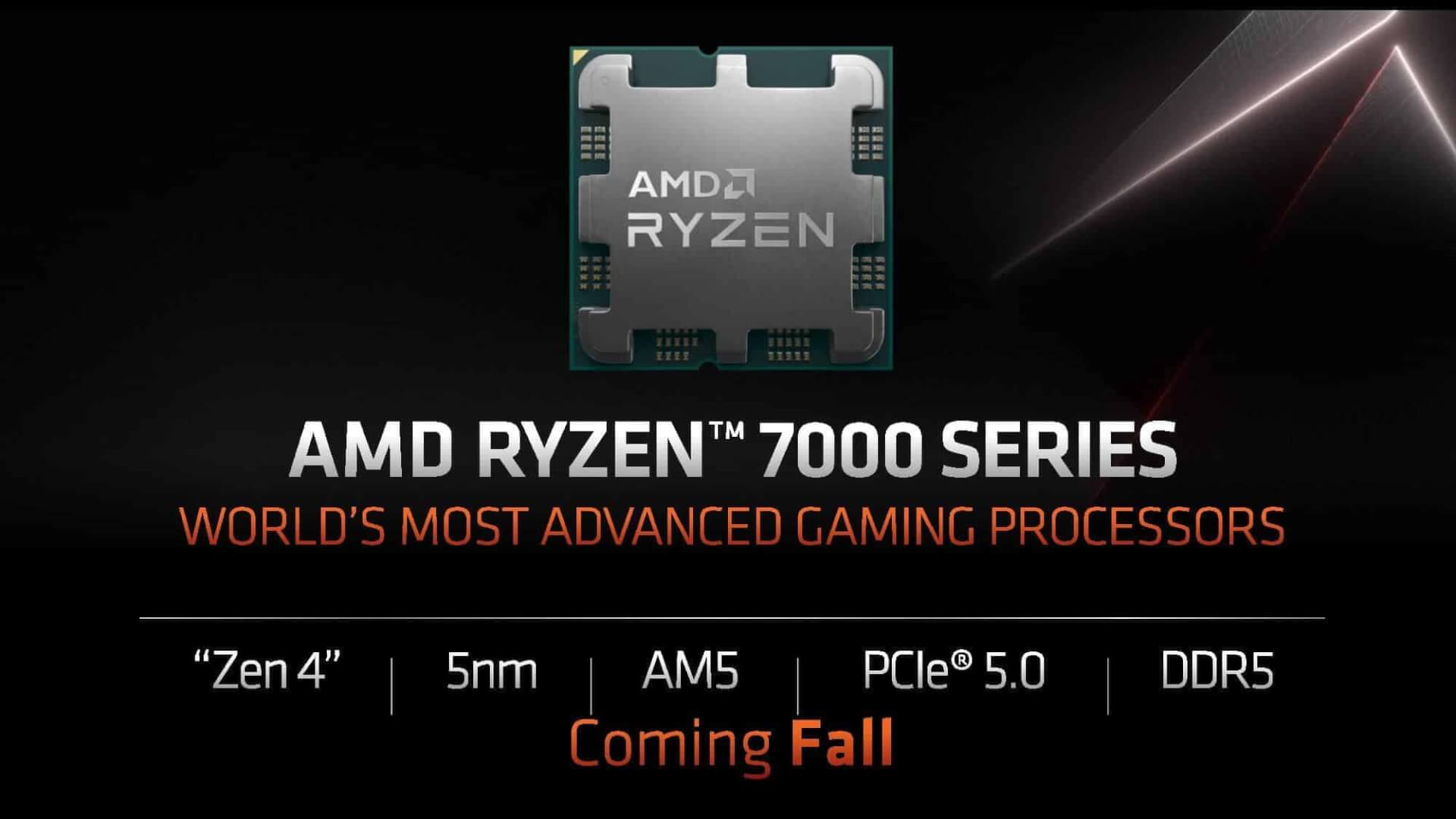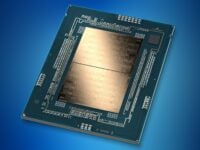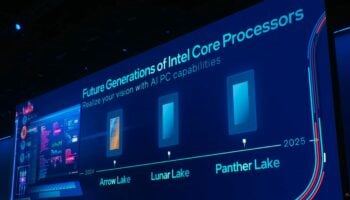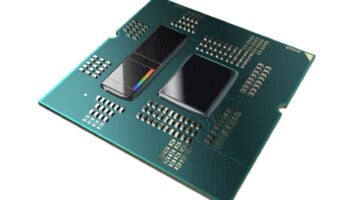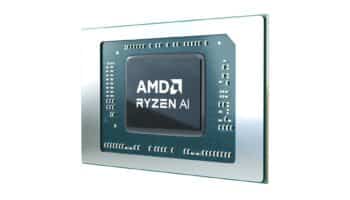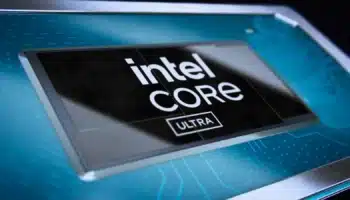AMD is yet to launch its 5th Gen Ryzen 7000 CPUs and rumors of the gaming-centric Zen 4 3D parts have already started to surface. We’ve been hearing rumors of a late 2022 release of the Ryzen 7000X3D chips as noted by the chipmaker in its FAD 2022 report but we might just be looking at a paper launch. According to Moore’s Law is Dead, Zen 4’s V-Cache lineup will leverage a 5nm base CPU die with a 7nm or 6nm cache chiplet stacked on top of it.
Zen 4 will adopt the second generation V-Cache, a major improvement over the 5800X3D which was based on a “beta” variant of the technology. The core clocks are a major step up from Zen 3D, although still a fair bit lower than the vanilla Zen 4 processors. Tom from MLID believes that Zen 4 V-Cache will be roughly 30% faster than the base Ryzen 7000 CPUs in gaming workloads. In the same tests, the 5800X3D outperformed its predecessor by 10-15%. We’re, therefore, looking at double the performance gain compared to the previous generation.
In addition to the performance, the product stack has also been consolidated. While Zen 3 featured a single V-Cache SKU, Zen 4 V-Cache will consist of two. These are the Ryzen 7 7800X3D and the Ryzen 9 7950X3D. The former will feature a single CCD and a cache die stack atop and the latter will consist of two CCDs, each with its own L3 cache chiplet [needs verification]. The 7800X3D should pack 64MB of 3D stacked L3 cache while the 7950X3D ought to double it to 128MB. Overall, that’s 100MB and 200MB of cache memory, respectively.
Keep in mind that the above benchmarks were conducted with the TDPs constrained to Zen 3’s power envelope (105-142W). Furthermore, the Zen 4 parts were early samples from the A0 stepping with lower boost clocks than the marketed spec. Therefore, the final performance deltas between Zen 4 and Zen 4 3D should be somewhere in the 15-25% range, a smidge higher than with Zen 3.
The Ryzen 7000X3D processors have been tailored to go head to head with Intel’s 13th Gen Raptor Lake offerings. The Ryzen 7 7800X3D will be up against the Core i7-13700K while the Ryzen 9 7950X is set to battle the Core i9-13900K. Although AMD has promised a late 2022 launch, Tom’s sources point to a Q2 2023 release with an announcement coming as early as December 2022.
Source:
